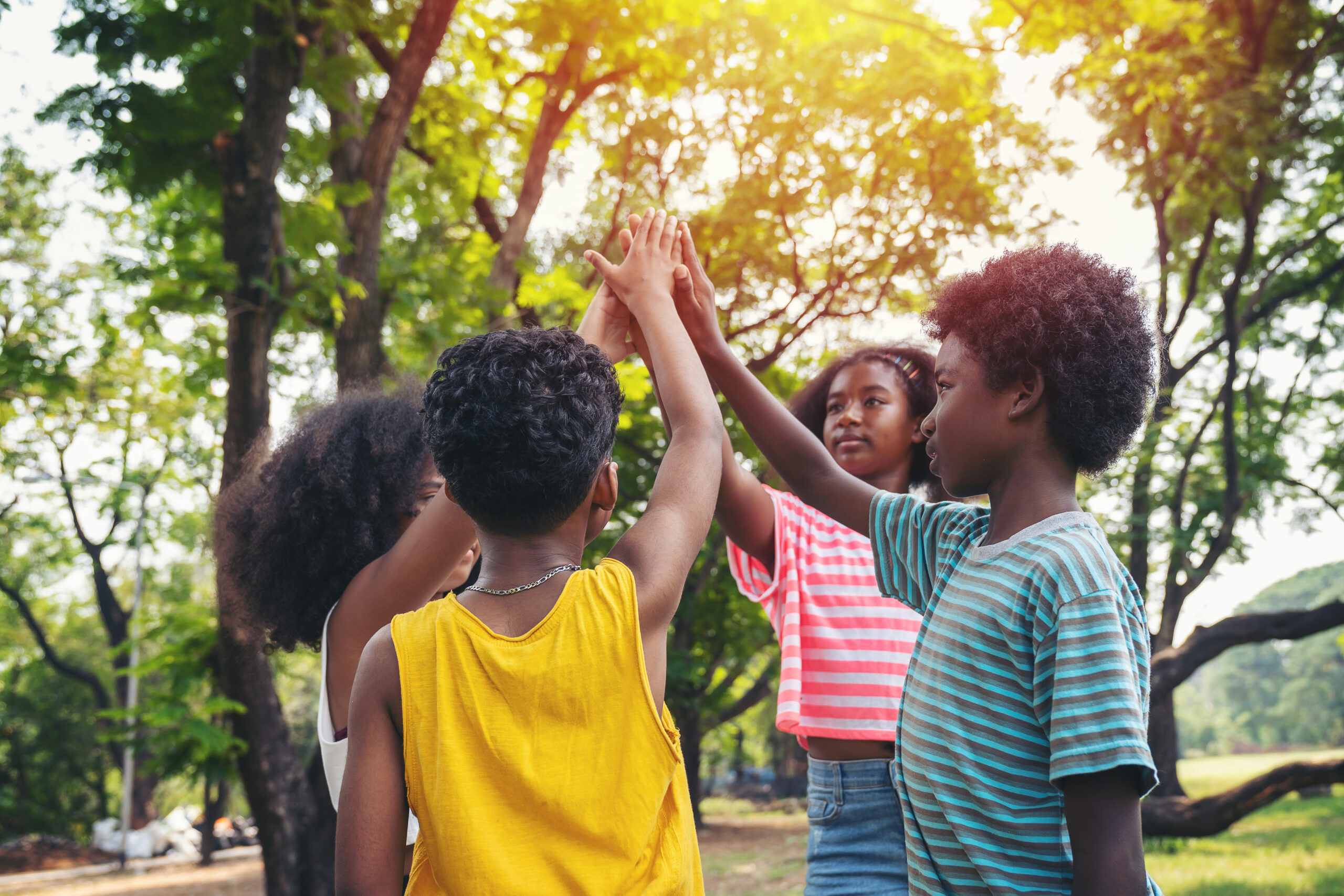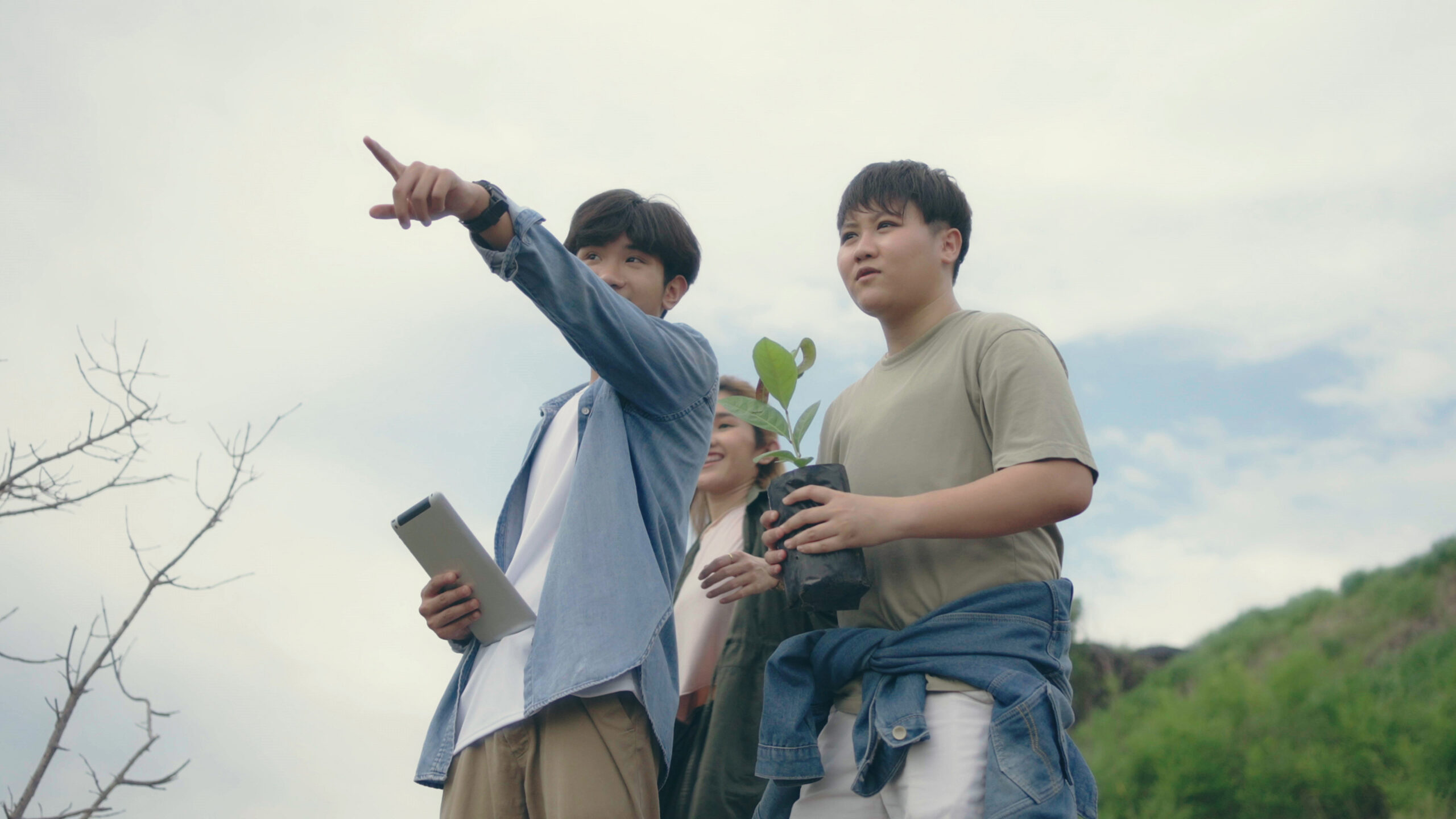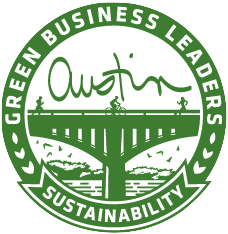EcoRise mobilizes a new generation of leaders to design healthy, just, and thriving communities for all. We work at the intersection of sustainability education, climate resilience, and environmental justice by elevating youth voices and advancing student-led solutions to real-world challenges. We offer a range of curricula and programs for students, teachers, school districts, and partners, designed to advance environmental literacy, sustainable schools, and equitable access to green career pathways.
From our Sustainable Intelligence Program:
Click here for the Welcome & Content Overview.

Introduction to Climate Resilience: Elementary School
This lesson introduces students to climate resilience by emphasizing that everyone has a role to play in helping others during weather emergencies. Weather emergencies are becoming more serious and happening more often around the world because of climate change. The lesson starts by activating students’ thinking about weather and how different kinds of weather can both positively and negatively impact our daily lives. Students then consider which people in their community might face greater challenges during weather emergencies such as snowstorms, heavy rain, or heatwaves. They also look at how unfairness in society might be the cause of the increased challenges some people face. By thinking about the varying impacts of weather on different groups of people, students explore the concept of climate justice through a simplified lens. The lesson ends with students considering the ways in which people—including themselves—can help others during weather emergencies, promoting climate resilience by helping the most vulnerable people in their community bounce back in challenging times.

Introduction to Climate Resilience: Middle School
This lesson introduces students to climate resilience—the ability of people and communities to bounce back when faced with climate challenges. Students consider the likelihood that different groups of people will experience the negative impacts of climate changes (risk) and the factors that contribute to the degree of danger they might face (vulnerability). Students consider the two main strategies for addressing climate change—mitigation and adaptation—as ways to increase community climate resilience, and they reflect on the diversity of climate challenges and climate solutions that exist across the United States. Students participate in a role play activity in which they take different perspectives to consider how climate change affects individuals and groups differently based on social factors such as income, education, race and ethnicity, and age. The lesson culminates in students working together to develop climate action plans to help address climate change in their school community.
Teacher & Student Resources
Teacher Resources
Lesson Plan
Introduction to Climate Resilience Presentation
Introduction to Climate Resilience Teacher’s Notes
Student Resources
Action Planning Worksheet
Climate Change Vocabulary Words KWL – Session 1
Climate Change Vocabulary Words KWL – Session 3
Climate Resilience Case Study – Role Play Activity
U.S. Climate Disasters Worksheet

Introduction to Climate Resilience: High School
This lesson introduces students to climate resilience—the ability of people and communities to bounce back when faced with climate challenges. Students consider the likelihood that different groups of people will experience the negative impacts of climate change (risk) and the factors that contribute to the degree of danger they might face (vulnerability). Students consider the two main strategies for addressing climate change—mitigation and adaptation—as ways to increase community climate resilience, and they reflect on the diversity of climate challenges and climate solutions that exist across the United States. Students participate in a role play activity in which they take different perspectives to consider how climate change affects individuals and groups differently based on social factors such as income, educational attainment, race and ethnicity, and age. The lesson culminates in students using a “futures thinking” approach to consider potential and preferable futures for their own communities in the face of climate change. Students work together to develop action plans to help achieve the future they want—one that promotes climate resilience and climate and environmental justice.
Teacher & Student Resources
Teacher Resources
Lesson Plan
Introduction to Climate Resilience Presentation
Introduction to Climate Resilience Teacher’s Notes
Student Resources
Action Planning Worksheet
Climate Change Vocabulary Words KWL – Session 1 Worksheet
Climate Change Vocabulary Words KWL – Session 3 Worksheet
Climate Resilience Case Study – Role Play Activity Worksheet
Futures Thinking Worksheet
Reflection Questions Worksheet
U.S. Climate Disasters Worksheet
To learn more or access additional EcoRise lessons, visit our Curriculum Page or email support@ecorise.org.



